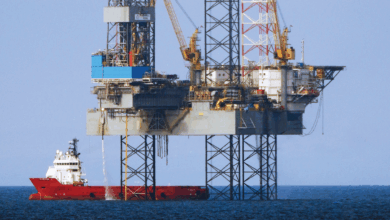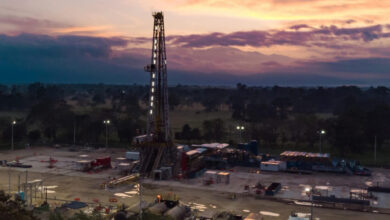Shell hits multiple emissions targets in latest energy transition update
Shell has published its first energy transition update since the launch of its Powering Progress strategy in 2021. At its Capital Markets Day in June 2023, Shell outlined how its strategy delivers more value with less emissions, emphasizing value. In this energy transition update, the focus is on how the same strategy delivers less emissions.
The target to achieve net zero emissions by 2050 across all operations and energy products is transforming its business. Shell believes this target supports the more ambitious goal of the Paris Agreement to limit global warming to 1.5 degrees C above pre-industrial levels. Shell’s strategy supports a balanced and orderly transition away from fossil fuels to low-carbon energy solutions to maintain secure and affordable energy supplies.
“Energy has made an incredible contribution to human development, allowing many people around the world to live more prosperous lives. Today, the world must meet growing demand for energy while tackling the urgent challenge of climate change. I am encouraged by the rapid progress in the energy transition in recent years in many countries and technologies, which reinforces my deep conviction in the direction of our strategy,” said Wael Sawan, Shell’s CEO.
Its energy transition plans cover all businesses. Liquefied natural gas (LNG) is a critical fuel in the energy transition, and Shell is growing its LNG business with lower carbon intensity. Additionally, it is cutting emissions from oil and gas production while keeping oil production stable, as well as growing sales of low-carbon energy solutions while gradually reducing sales of oil products such as petrol, diesel and jet fuel.
By the end of 2023, Shell achieved more than 60% of its target to halve emissions from operations by 2030, compared with 2016. It was one of the first companies to set a target to achieve near zero methane emissions by 2030, achieving 0.05% methane emissions intensity – significantly below its target of 0.2%. It also lowered the net carbon intensity of the energy products sold, with a 6.3% reduction compared with 2016.
Regarding its goal of a net zero future, Shell is investing $10-$15 billion between 2023 and the end of 2025 in low-carbon energy solutions. In 2023, it invested $5.6 billion in low-carbon solutions, more than 23% of our total capital spending.
These investments included electric vehicle charging, biofuels and renewable power as well as hydrogen and carbon capture and storage.




